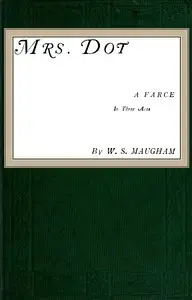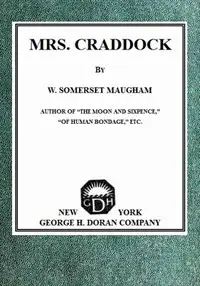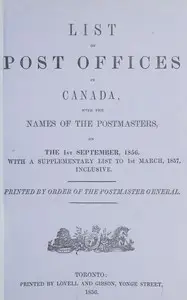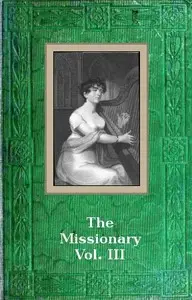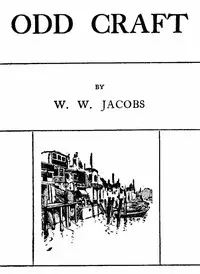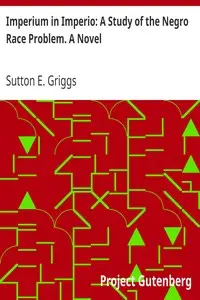"The Bishop's Apron: A Study in the Origins of a Great Family" by W. Somerset Maugham is a fictional narrative written in the early 20th century. The story revolves around the family dynamics and ambitions of the Spratte family, particularly focusing on Canon Theodore Spratte as he aspires for a bishopric while balancing his relationships with his brother, Lord Spratte, and his children, especially Winnie, who is navigating her feelings towards a young socialist named Bertram Railing. At the start of the novel, readers are introduced to the Spratte family through a scene that takes place during a luncheon. The atmosphere is light yet filled with banter as Canon Spratte discusses the potential for a bishopric following the recent death of a bishop. We get a glimpse into the characters’ personalities, such as the pompous and self-assured Canon Spratte and the lively Lord Spratte, who juxtaposes the seriousness of their lineage with humor. The dialogue hints at the power struggles and social aspirations entwined with the family's history while setting up the familial and societal expectations that will drive the plot forward. The opening establishes a foundation of themes that include ambition, family loyalty, and social class, all of which are expressed through Maugham's witty characterizations and sharp observations. (This is an automatically generated summary.)

The Bishop's Apron: A study in the origins of a great family
By W. Somerset (William Somerset) Maugham
"The Bishop's Apron: A Study in the Origins of a Great Family" by W. Somerset Maugham is a fictional narrative written in the early 20th century. The ...
William Somerset Maugham was an English writer, known for his plays, novels and short stories. Born in Paris, where he spent his first ten years, Maugham was schooled in England and went to a German university. He became a medical student in London and qualified as a physician in 1897. He never practised medicine, and became a full-time writer. His first novel, Liza of Lambeth (1897), a study of life in the slums, attracted attention, but it was as a playwright that he first achieved national celebrity. By 1908 he had four plays running at once in the West End of London. He wrote his 32nd and last play in 1933, after which he abandoned the theatre and concentrated on novels and short stories.

